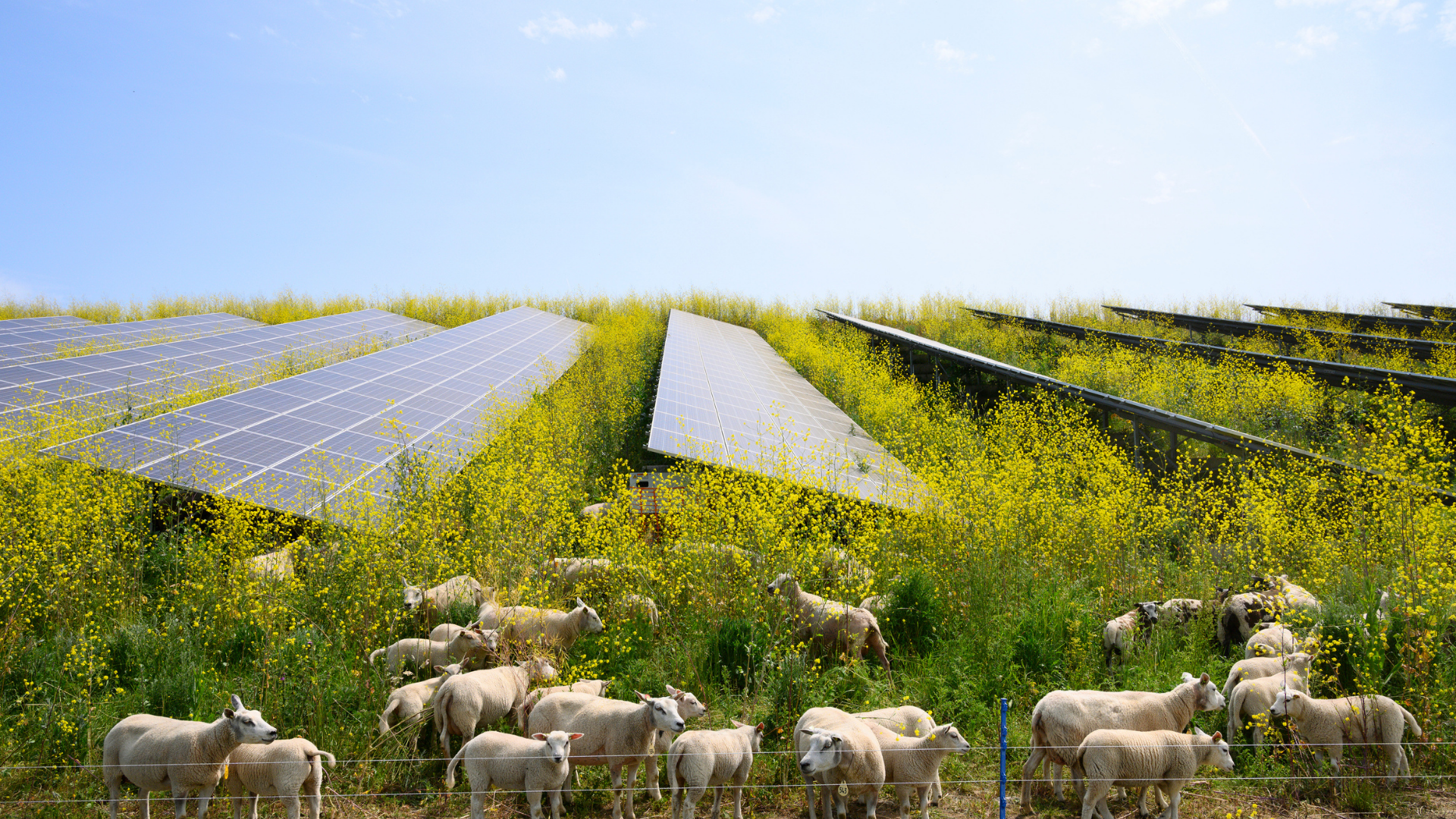
Could your business be eligible for Industrial Energy Transformation Funding (IETF)?
11 April 2022 | 10 minutes
As part of several programmes designed to help businesses decarbonise their operations and achieve net-zero by 2050, the UK government launched its Industrial Energy Transformation Fund (IETF) in 2020.
Could your business be eligible for Industrial Energy Transformation Funding (IETF)?
The IETF complements other funding schemes such as the Net Zero Innovation Portfolio and the Industrial Energy Efficiency Accelerator, which support organisations to transition to a low-carbon future by helping them invest in green technologies.
You could benefit from this fund. So, here’s a closer look at the purpose of the IETF, who is eligible to apply, and the application process.
What is IETF and how can it help your business go green?
The IETF is managed by the Department for Business, Energy, and Industrial Strategy (BEIS) and delivered by Innovate UK. It is seen as central to the government’s overall strategy for tackling climate change. Its primary objective is to help industrial businesses with high energy use reduce their carbon emissions and their overall energy costs by investing in deep decarbonisation ‘green’ technologies. Technologies and solutions include the generation of electricity through heat recovery and the replacement of gas with hydrogen.
Under the IETF scheme, £315 million in funding will available up until 2025 in 4 phases
Phase 1: There was up to £40 million available in grant funding during an application period from March to July 2021. Applications for this phase are currently being assessed.
Phase 2: Opened on 31 January 2022 with £220 million available in total.
Phases 3 and 4: A remainder of £100 million is expected to be allocated in two further competition windows, currently scheduled for May and October 2022.
Is your decarbonisation project covered under IETF?
If your business runs eligible industrial processes and operates at an existing site which falls into one of the Standard Industrial Classification (SIC) 2007 codes below, then you could be qualified to apply for IETF funding.
Mining and quarrying (SIC codes 05101 – 05200, 07100 – 08990, 09900)
Manufacturing (SIC codes 10000 – 33200)
Recovery and recycling of materials (SIC code 38320)
Data centre (SIC code 63110)
If you’re unsure about your eligibility, there is detailed guidance available at GOV.UK.
Is your project covered under the IETF?
As well as your business being eligible, your project also needs to qualify. There are currently three project types that the competition will provide grant funding for:
Studies: feasibility studies that explore the operational, economic and technical impact of using a technology solution within an existing industrial process; and detailed engineering studies that investigate the technical and operational requirements prior to making an investment decision.
Energy efficiency deployment projects: these can include both installation and retrofitting equipment, as long as the technologies have been proven to work through operation or qualified through test and demonstration.
Deep decarbonisation deployment projects: aimed at achieving industrial emissions savings.
What are the minimum and maximum IETF thresholds?
Funding is awarded as grants towards the total costs of successful proposals. To be eligible, your proposal must fall within the stated minimum and maximum grant you can apply for (the threshold) as detailed below.
Type of funding | Minimum threshold (per application) | Maximum threshold (per project) |
|---|---|---|
Energy efficiency deployment | £100,000 | £14 million |
Deep decarbonisation deployment projects | £100,000 | £30 million |
Engineering studies | £50,000 (total eligible cost) | £14 million |
Feasibility studies | £30,000 (total eligible cost) | £7 million |
Source: Gov.UK
Your steps to applying for IETF
The government is encouraging any business that is considering applying for funding to first check with the BEIS that the proposal is eligible by contacting them at ietf@beis.gov.uk. The next steps are outlined below:
Set up and application
Submit your proposal
The entire process stages and key dates are as follows:
IETF application window
Opens 27 September 2021
Deadline for applications 6 December 2021
IETF eligibility check stage
December 2021
Company and project eligibility and scope checked
IETF initial assessment stage
January - April 2022
Eligible applications will be assessed
Notification of outcome at initial assessment stage
IETF due diligence and grant funding agreement
Due diligence undertaken on successful companies
Grant Offer Letters issued and signed
Projects started by 1 May 2023 - latest dates
IETF project phase
Projects completed by 31 March 2024 (feasibility studies) / 31 March 2025 (engineering studies and deployment projects)
Compliance monitoring throughout this period
IETF post project completion monitoring phase (for deployment only)
Five years monitoring of benefits and compliance, on basis of plans agreed at start of project
Source:Industrial Energy Transformation Fund – Phase 2 Guidance
If you think your business is eligible and could benefit from IETF, there is detailed guidance and a summary of information on the government website.
How can your business take a proactive approach to decarbonisation?
An example of one such business that has taken a proactive approach to decarbonising its national operations is Cepac, a leading independent corrugated packaging manufacturer. Through its collaboration with Shell Energy, Cepac aims to continue to reduce its environmental impact and reliance on non-renewable utility supply. You can find out the full details of this partnership, here.
Discover more about our competitive, cleaner, simpler renewable energy solutions today.
View our content disclaimer.
Related articles


